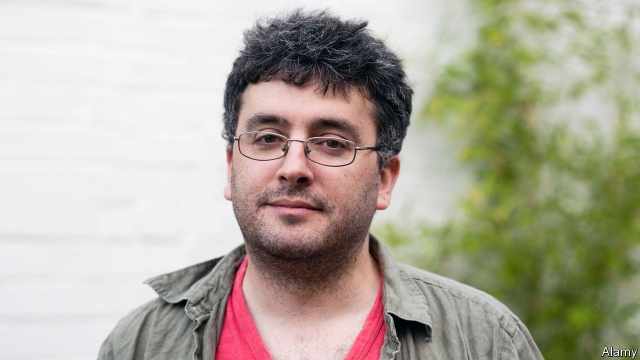A translator does not transcribe a text, he argues, nor do they rewrite it
May 21st 2019 by A.P.
FOR A long time, translators had a hard time of it. They were underpaid and under-recognised by the literary establishment, rarely mentioned in reviews of the titles they worked on. But as foreign fiction has gained popularity—according to Nielsen BookScan, a data provider, Britons spent £20.7m ($26.6m) on it in 2018, up from £16.9m in 2014—so too has the profile of translators increased. In 2016 the Man Booker prize announced that its International award, of £50,000, would be shared by author and translator. The National Book Awards in America reintroduced a category for translated literature last year. That prize money, of $10,000, is also divided equally.
As a result, a new breed of translator has emerged: confident, vocal and media-savvy. Jennifer Croft, who won the Man Booker International prize last year for her translation of Olga Tokarczuk’s “Flights”, is one such figure: she began translating Ms Tokarczuk’s work while still studying at the University of Iowa, and has written extensively about translation in the press and in her own publication, the Buenos Aires Review. There’s also Sophie Hughes, a former translation correspondent for Dazed & Confusedmagazine, whose work on “La Resta” (“The Remainder”), Alia Trabucco Zerán’s novel, was shortlisted for the Man Booker International prize this year. Daniel Hahn, a translator of Portuguese, Spanish and French, is another prominent figure. His translation of Angolan writer José Eduardo Agualusa’s “A General Theory of Oblivion” was shortlisted for the Man Booker in 2016 and won the International Dublin Award.

